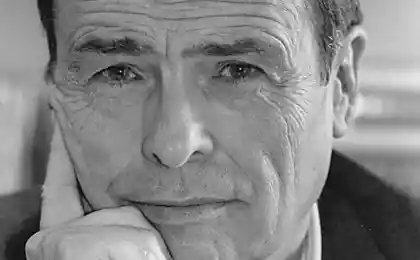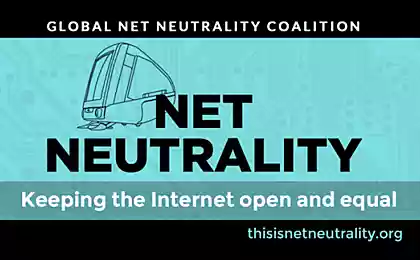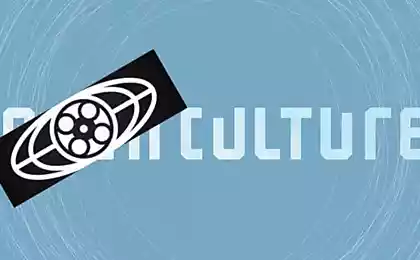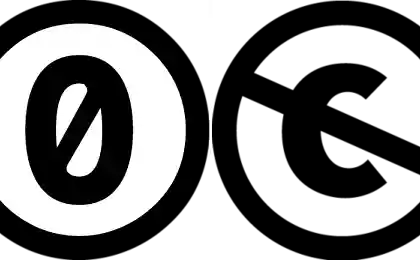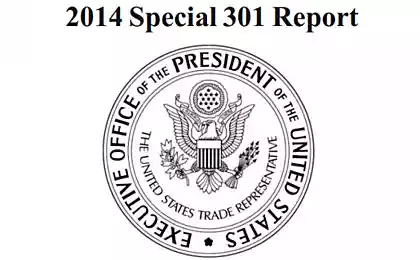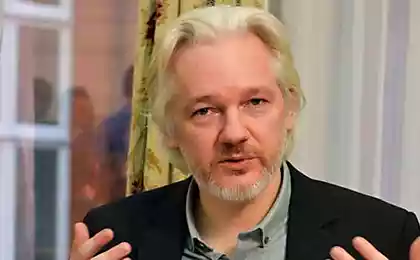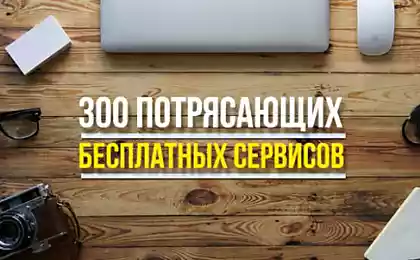765
Cultural heritage who want to take away from the public domain
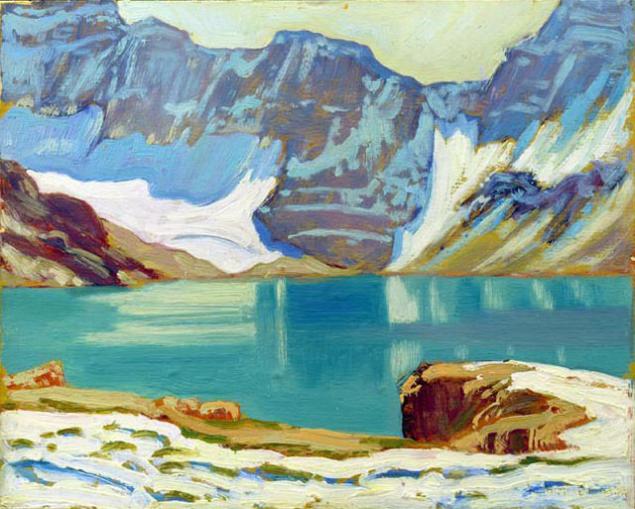
Lake McArthur, Yoho Park (1924). The work of James MacDonald, Canadian artist, member of the Group of Seven, one of the founders of the national Canadian painting i>
You heard what the Trans-Pacific Partnership? If not Wikileaks, something about this organization almost no one knew.
Trans-Pacific Partnership - planned the creation of international trade and economic organization, the purpose of which is the formation of a free trade zone in the Asia-Pacific region. In November 2013 a draft of a secret agreement TPP published on the website Wikileaks .
Among other things, TPP provides new minimum terms for copyright protection: not less than 70 years after the author's death (Mexico offers 100 years). US pushes the country to install a copyright term of 95 years for corporate works and 120 years for unpublished works. The document provides for the harmonization of legislation to combat violations of intellectual property, as well as regulations on the Internet.
At the same time the US is preparing a similar Transatlantic Free Trade Agreement (Trans-Atlantic Free Trade Agreement) with the European Union.

As soon as the documents appeared on Wikileaks, an official заявлением in this regard was made by Electronic Frontier Foundation (EFF). He condemned the increase in terms of copyright and the fact that the US Trade Representative discusses them without public consultation. Indeed, in this case, will take into account the interests of corporations, but not society.
Now EFF decided to draw attention to the problem again. He published a галерею of several works of art , which will disappear from the public domain 20 years if TPP agreement will come into force.
Among the "lost" for 20 years of work will be very valuable for the national cultures of the countries - Canada, New Zealand, Japan, Vietnam, Malaysia and Brunei. For example, in Japan, there is a digitization project of the national literature. The project is called Aozora Bunko - Library blue sky. Over the last couple of years they торжественно listed writers, philosophers and poets whose works have become free. All this work will have to be removed from the line at the decade.
It would seem that what we care about Vietnam and Brunei? The problem is that international law will be unified, and extended copyright necessarily impose other countries. In addition, inspired by the success of media companies begin to prepare the ground for the next increase in terms of what they have done more than once.

Source: geektimes.ru/post/245784/
Recipe for cooking dumplings stuck
YouTube clip marked with murchanem cat as a violation of music copyright


